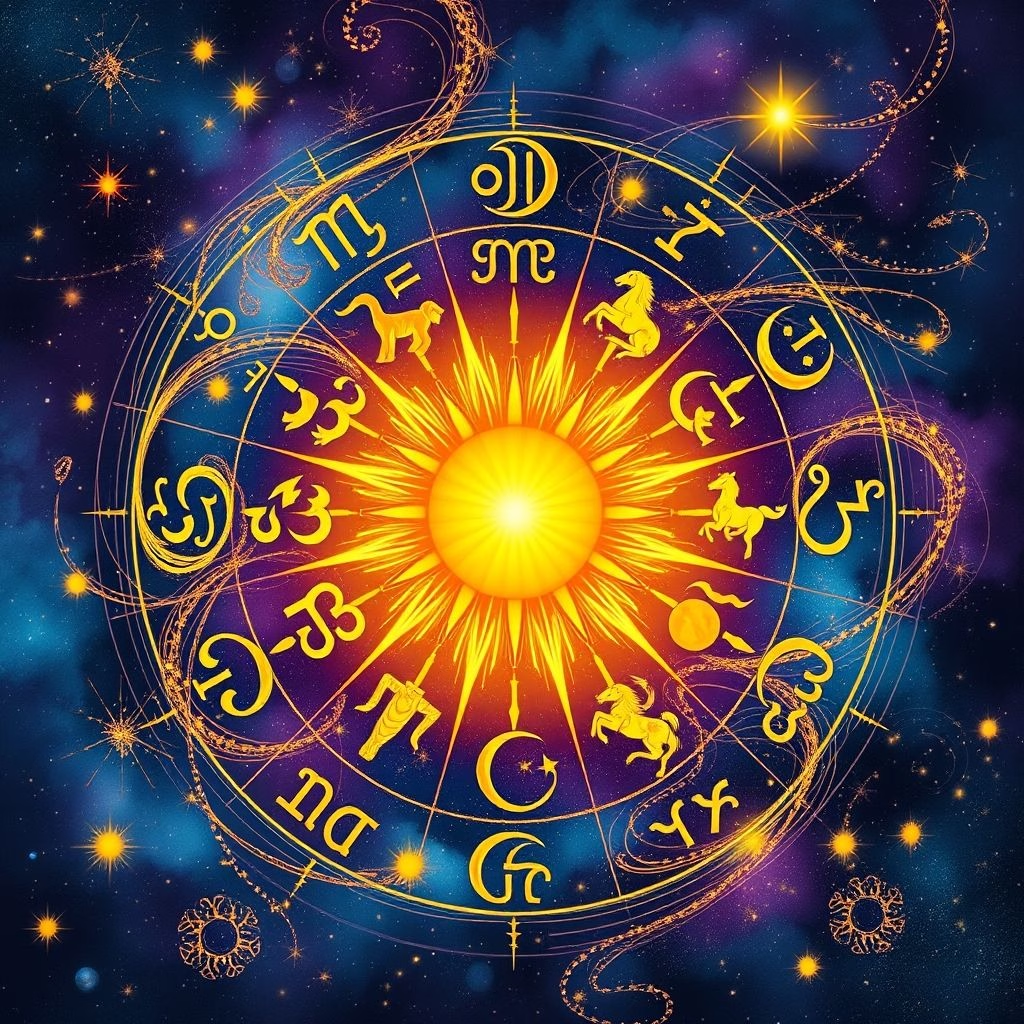The Unforgettable World of Quentin Tarantino: Violence, Dialogue, and Pop Culture
The Unforgettable World of Quentin Tarantino: Violence, Dialogue, and Pop Culture
Quentin Tarantino. The name itself conjures images of iconic scenes, unforgettable dialogue, and a style that’s been imitated but never truly duplicated. This American filmmaker, actor, and author has carved a unique path in cinema, leaving an indelible mark on the industry and captivating audiences worldwide. His films are a tapestry woven with threads of graphic violence, extended conversations, and a deep reverence for pop culture, resulting in a cinematic experience unlike any other.
Tarantino’s career is a testament to the power of artistic vision. Starting from humble beginnings, he rose through the ranks, ultimately becoming one of the most celebrated directors of his generation. His films consistently garner critical acclaim and commercial success, a rare feat that speaks volumes about his talent and the enduring appeal of his work. With an announcement of his retirement after his next film, now is the perfect time to reflect on his significant contributions to the world of cinema.
Key Ingredients: Violence, Dialogue, and Pop Culture
What truly sets Tarantino’s films apart? It’s a combination of factors, but three stand out: graphic violence, extended dialogue, and a love for pop culture references. These elements, often intertwined, create a unique cinematic language. The violence, while often shocking, is not gratuitous; it serves a purpose, driving the narrative and often punctuating moments of tension or character development. The dialogue, on the other hand, is pure gold. Tarantino’s characters are known for their verbose, often philosophical, and always memorable conversations. And woven throughout these conversations are countless references to movies, music, and historical events, adding layers of depth and context to the stories he tells.
Pulp Fiction: A Landmark Achievement
Perhaps the most celebrated example of Tarantino’s genius is Pulp Fiction (1994). This film wasn’t just a hit; it was a cultural phenomenon. Featuring an ensemble cast and a nonlinear narrative, Pulp Fiction wowed critics and audiences alike. It won the Palme d’Or at the Cannes Film Festival and took home an Academy Award for Best Original Screenplay. The film’s success solidified Tarantino’s place in cinematic history and influenced countless filmmakers in the years that followed.
A Diverse Body of Work
Tarantino’s directorial work encompasses a surprisingly diverse range of genres. From the crime thriller to action-horror and martial arts to Westerns, he has demonstrated an exceptional ability to reimagine and reinvent classic storytelling tropes. Whether it’s the gritty realism of Reservoir Dogs or the revisionist history of Inglourious Basterds, Tarantino consistently delivers films that are both thrilling and thought-provoking.
The Video Store Roots
Before he became a household name, Tarantino worked at a video store. This experience, as he himself has often stated, was invaluable. Surrounded by a vast library of films, he absorbed a wealth of cinematic knowledge, which he later drew upon when crafting his own stories. This early immersion in film history, from international cinema to B-movies, is evident in his work.
The Legacy Continues
Quentin Tarantino’s impact on cinema is undeniable. His films have not only entertained millions but have also sparked debate, influenced countless filmmakers, and become ingrained in the cultural lexicon. As he prepares to move on from directing, his legacy as one of the most influential and innovative filmmakers of our time is secure. We eagerly await his final film, certain it will be another unforgettable entry in his remarkable filmography.
For further reading, you may find the following resources informative:




